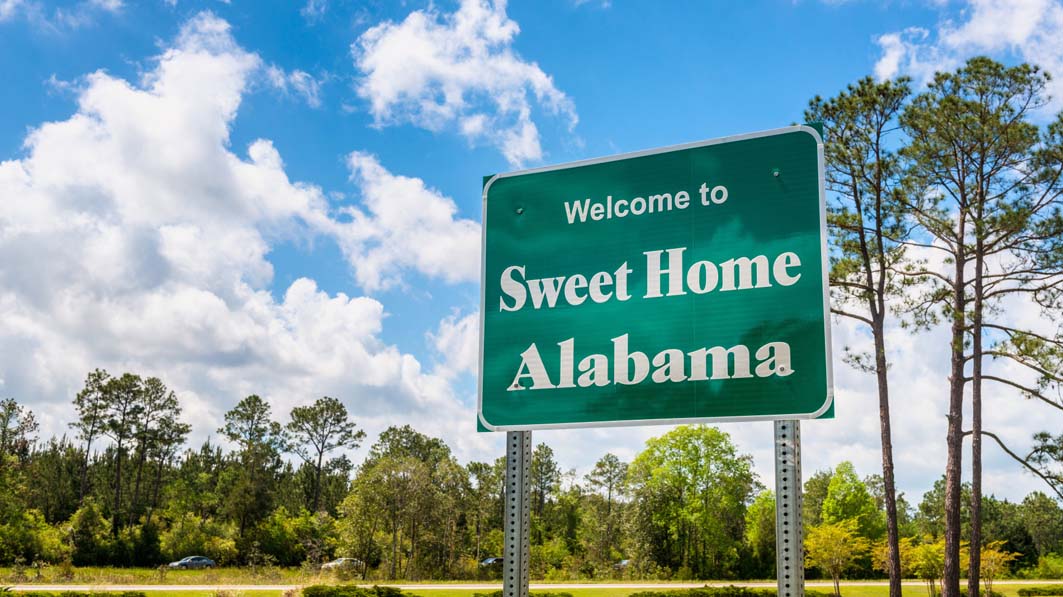On October 30, a federal judge blocked Alabama’s total abortion ban law from going into effect. In an interesting twist, both sides are claiming victory over this latest legal abortion battle.
Earlier this year, Alabama’s Governor Kay Ivey signed into law the nation’s strictest abortion bill. The law makes it illegal for a woman to have an abortion unless her life is in physical danger. Abortion is also not permitted in cases of rape or incest, a departure from many other strict abortion laws. If a woman does have an abortion, only the doctor would be prosecuted.
The law was immediately challenged in court and the pro-abortion lobby claimed the initial victory.
Randall Marshall, the executive director of Alabama’s American Civil Liberties Union (ACLU) branch said, “As expected, the court has blocked the law and it will not go into effect. Abortion remains legal in Alabama. The state’s repeated attempts to push abortion out of reach by enacting unconstitutional laws restricting abortions has already cost taxpayers nearly $2.5 million. This ill-advised law will cost taxpayers more money.”
But according to Alabama’s Attorney General Steve Marshall, no relation, that’s exactly what the state wanted to happen.
In a statement, he said, “The district court’s decision to grant the plaintiffs’ request for a preliminary injunction of Alabama’s 2019 abortion law as to pre-viability abortions was not unexpected,” Marshall said. “As we have stated before, the State’s objective is to advance our case to the U.S. Supreme Court where we intend to submit evidence that supports our argument that Roe and Casey were wrongly decided and that the Constitution does not prohibit states from protecting unborn children from abortion.”
In the Supreme Court’s 1973 decision in Roe vs. Wade, the court held that women have a constitutional right to obtain an abortion. Yet, the constitution doesn’t once mention abortion, meaning the legality of abortion was originally left up to the states under the 10th Amendment. Alabama’s intent with this law is to force the court to reconsider Roe and return the regulation of abortion to the state level where it belongs. The state does intervene in cases of abuse or neglect to care for the best interest of the children. The state should have the same right to help protect preborn life as well.
In U.S. District Judge Myron Thompson’s 17-page opinion, he puts forth his own thoughts on the matter. He wrote that the abortion ban “violates the right of an individual (i.e. a woman) to privacy, to make choices central to personal dignity and autonomy.” He also went on to say, that the ban “diminishes the capacity of women to act in society, and to make reproductive decisions.”
According to the judge, the ACLU and Planned Parenthood, it is only the woman’s “personal dignity and autonomy” that matters. So, a woman has more value than a preborn baby, but why? Both are human, and with the exception of the umbilical cord the baby is an autonomous life with its own DNA, organs, blood and variety of other crucial components that are essential to life outside the womb. But preborn babies do need to spend at least 21-22 weeks in the womb, and apparently that gives a woman the opportunity to abort for whatever reason.
Judge Thompson also says that a woman’s capacity to interact with society would “diminish,” although it’s unclear exactly what the judge means. After all, about 60 or so million preborn babies have been aborted since Roe v. Wade was legalized. Their lives were not just “diminished,” but cut short in the most brutal of ways and for often banal reasons. It’s astonishing to think of the contributions to science, literature, music, politics, medicine, mathematics, entertainment and a variety of other fields that have been lost because of abortion.
Alabama expects that this case will wind its way through the courts and up to the Supreme Court. Hopefully, it will. It’s time for the Supreme Court to reevaluate the dignity of life and give states back the power to protect the lives of preborn babies.






